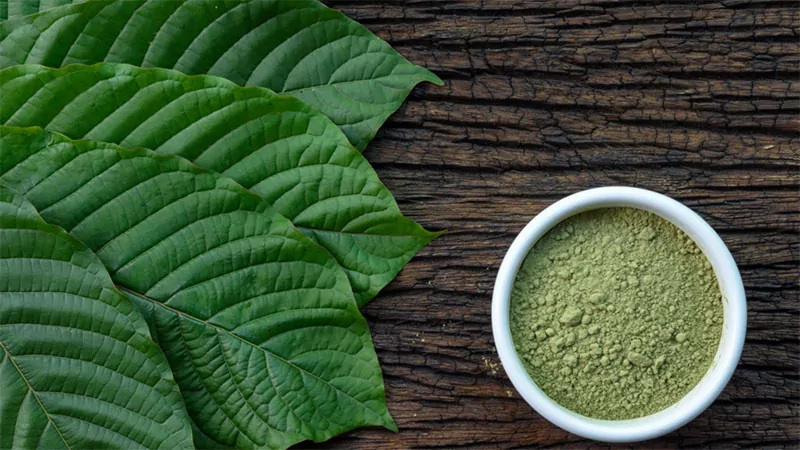Kratom, derived from the leaves of the Mitragyna speciosa tree native to Southeast Asia, has become a subject of increasing legal scrutiny worldwide. As its popularity grows, so does the complexity of its legal status, which varies significantly by region. Understanding the legality of kratom in your area is crucial to ensure compliance and avoid potential legal issues.
United States
In the U.S., kratom’s legality is a patchwork of state and federal regulations. At the federal level, the Drug Enforcement Administration DEA has listed kratom as a drug of concern, but it is not classified as a controlled substance. However, this does not mean kratom is universally legal. Several states, including Alabama, Arkansas, Indiana, Rhode Island, and Vermont, have enacted laws banning kratom. Additionally, some municipalities have their own restrictions. It is essential to check local regulations as they can vary widely even within states where kratom is otherwise legal.

Canada
In Canada, kratom is not classified as a controlled substance, which means its sale and possession are generally legal. However, Health Canada has issued warnings regarding kratom’s safety and potential health risks, advising caution. The sale of kratom as a natural health product is prohibited unless authorized, and any claims about its benefits are scrutinized. Importing kratom for personal use is allowed, but it must not be sold or marketed without proper authorization.
European Union
The legality of kratom in the European Union varies by country. In some nations, such as the Netherlands and Germany, kratom is legal and can be purchased for personal use. However, countries like the United Kingdom and Sweden have imposed restrictions. The UK, for example, has classified kratom as a controlled substance under the Psychoactive Substances Act, making it illegal to supply or possess it. It is advisable to check specific country regulations within the EU to avoid legal complications.
Australia
In Australia, kratom is classified as a controlled substance in most states and territories. It is illegal to import, possess, or use kratom without a prescription. The Australian government has taken a cautious approach due to concerns about its safety and potential for abuse. Those found in possession of kratom can face significant legal consequences.
Asia
Kratom’s legal status in its native Southeast Asia is varied and often strict. In Thailand, where kratom is traditionally used, the substance was once banned but has recently seen a partial legalization for medical and research purposes. Malaysia, most popular green vein kratom on the other hand, maintains a strict ban on kratom, and possession can result in severe penalties. Indonesia, the source of much of the world’s kratom, has seen growing regulation, and its legality can fluctuate based on government policy.
